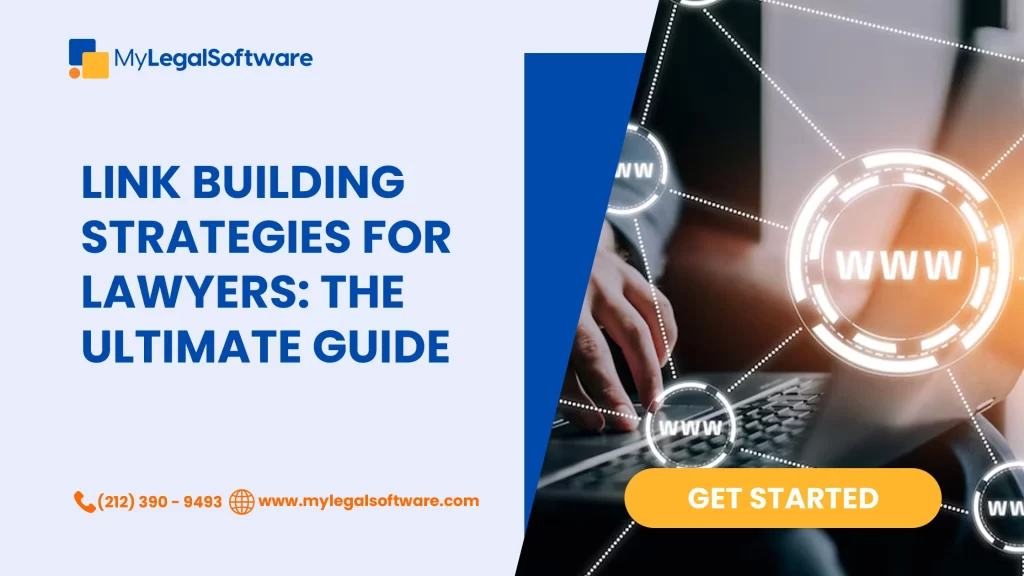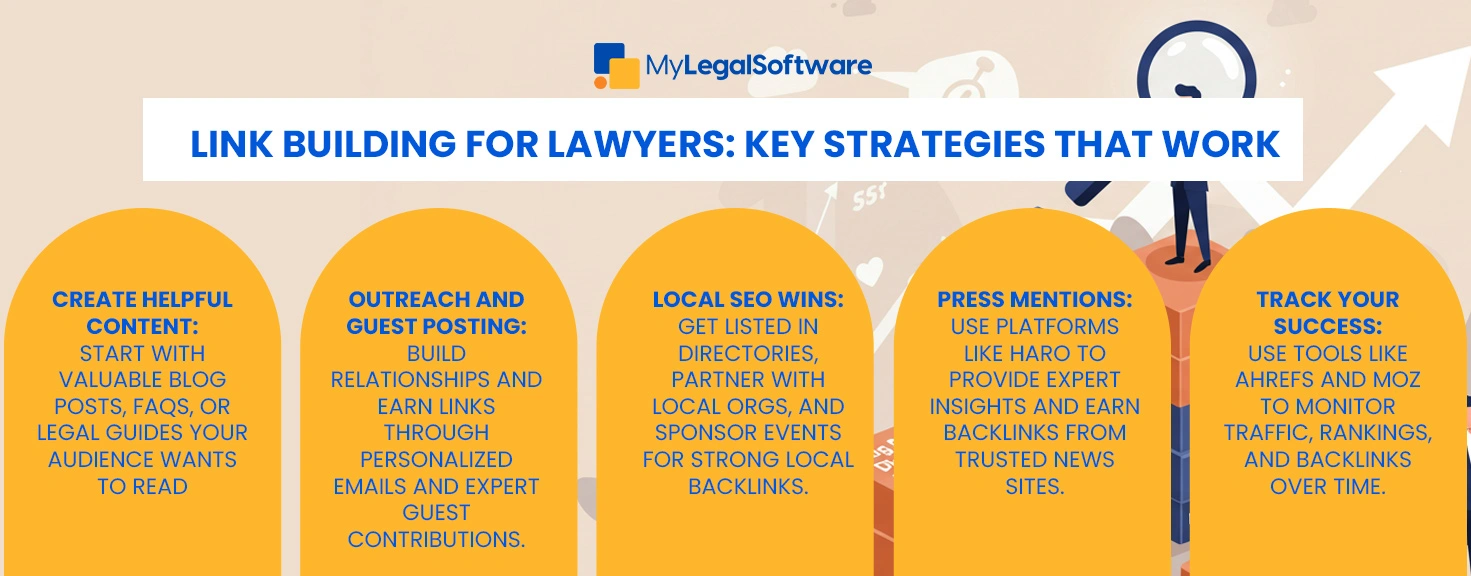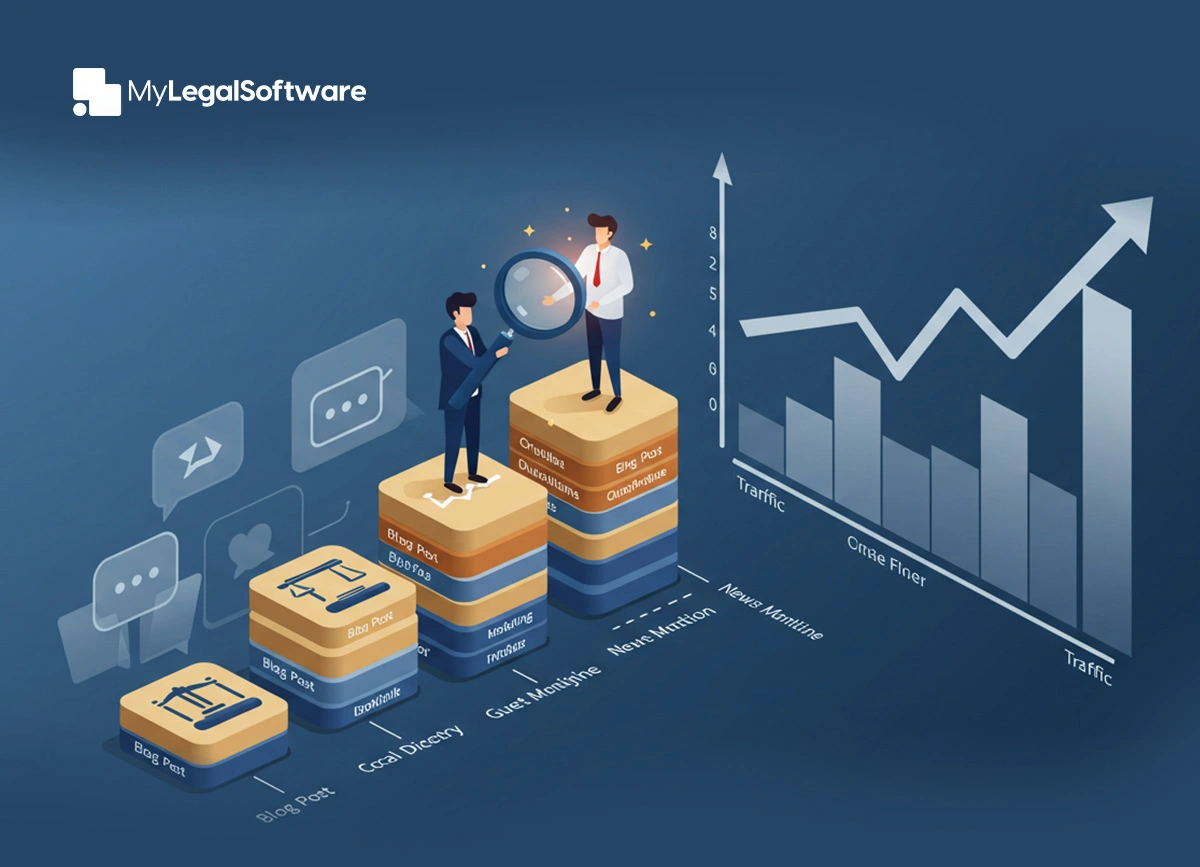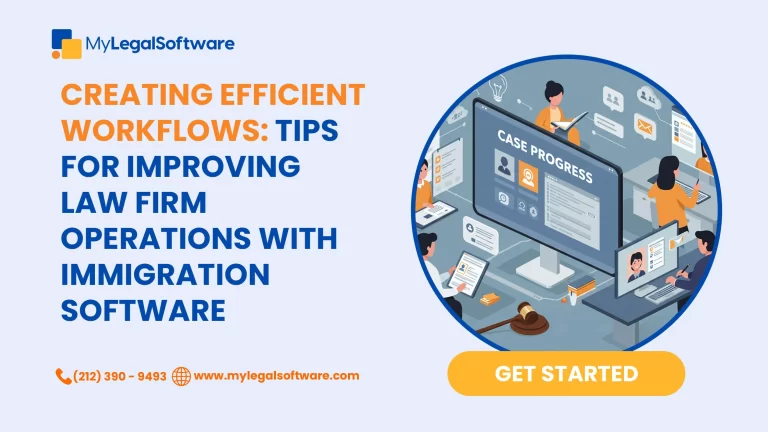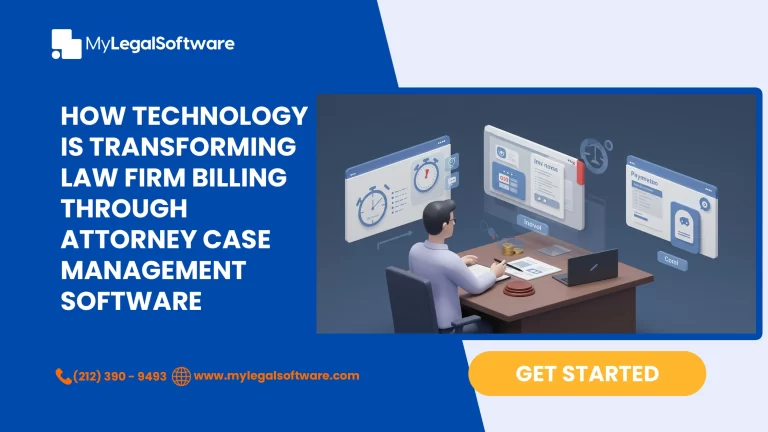Practicing law is tough enough without having to become an SEO expert on the side. But if you’re trying to grow your firm online, you may indeed have to learn about link building for lawyers as knowledge of this can prove very advantageous. It plays a big role in helping your website show up when potential clients are searching for legal help.
In this guide, we’re keeping it simple and jargon-free. You’ll get down-to-earth advice and actionable tips that you can start using right away, all designed to boost your online presence without adding extra stress to your busy schedule.
Why Link Building Is Important for Lawyers
Think of link building as online networking. When other websites link to your law firm’s site, Google sees it as a vote of confidence. It says, “Hey, this content is trustworthy!”
The more high-quality backlinks you have, the better your chances of showing up on page one of Google. And let’s be real—most people don’t click past page one.
If your firm isn’t visible online, potential clients will never even know you exist. That’s why link building for lawyers is not just helpful—it’s essential.
Key Elements of a Successful Link Building Strategy for Attorneys
So how do you start? Here are a few must-haves:
- High-quality content: Create blog posts, FAQs, or guides that genuinely help your target audience.
- Outreach: Email local businesses, legal blogs, or even journalists. Share your content and suggest a backlink.
- Guest posting: Write articles for reputable websites in the legal or local niche and include a link back to your firm.
- Directories: Submit your practice to reputable legal directories like Avvo, Justia, and FindLaw.
You want backlinks from trusted, relevant sources. A link from your cousin’s food blog? Not so helpful. A link from your state’s bar association? That’s gold.
Ethical Link Building Practices for Lawyers
Legal marketing comes with higher ethical stakes. You can’t use black-hat tactics or buy links without risking your reputation—or worse, your license.
Stick to the good stuff:
- No buying or selling links
- Avoid link farms or spammy directories
- Disclose guest posts and affiliations
Build relationships and offer value. That’s not just smart—it’s ethical. And it’s the best way to build long-term trust with both Google and potential clients.
Tools and Resources for Effective Link Building
Good news: you don’t have to do it all manually. There are tools that can make your life easier:
- Ahrefs: Great for finding backlink opportunities and checking your competitors’ links.
- Moz Link Explorer: Helps you track your domain authority and monitor new or lost backlinks.
- BuzzStream: Manages outreach emails and keeps everything organized.
- HARO (Help A Reporter Out): Lets you pitch yourself as a legal expert to journalists—earning high-quality press mentions and backlinks.
Most of these tools offer free trials, so you can test them out before committing.
Bonus Tip: Building Backlinks Through Educational Content
One underutilized strategy in link building for lawyers is creating educational content that’s genuinely useful—not just for clients, but for other professionals and organizations. Think downloadable legal checklists, explainer videos, or “Know Your Rights” guides.
This kind of content has staying power. Schools, nonprofits, HR departments, and even other law firms may link to your resources because they provide value to their own audience. Plus, evergreen content like this can attract links for years with minimal updates.
Another smart move? Offer CLE (Continuing Legal Education) content or webinars. Host a free webinar on a hot legal topic—then promote it through bar associations, industry groups, or legal publications. Many of these organizations will share and link to your event.
Don’t Forget Social Media
Social media isn’t a direct SEO ranking factor, but it can amplify your link building. By sharing your content across LinkedIn, X (formerly Twitter), Facebook, or even Instagram, you increase the chances of it being seen—and linked to.
Legal groups on LinkedIn are great places to share articles, answer questions, and subtly drive people back to your site. Just don’t be overly promotional. Focus on being helpful, and the links will follow.
Internal Linking Still Matters
While this guide focuses mostly on getting external backlinks, don’t ignore internal linking. Make sure your blog posts, service pages, and FAQs all link to each other naturally.
Not only does this improve user experience, but it also helps search engines crawl your site more effectively. Internal linking tells Google which pages are most important—and helps them rank higher.
Link Building Strategies for Local SEO
If you want local clients, local SEO should be your best friend. Here’s how to use link building for lawyers in a local context:
Get listed in local directories: Think Yelp, your city’s Chamber of Commerce, or local business associations.
- Sponsor community events: Many nonprofits and events list sponsors on their websites—with a link back to your firm.
- Local news features: Reach out to journalists with story ideas or legal commentary. A quote in your local paper (with a backlink) goes a long way.
- Partnerships: Team up with local businesses for co-hosted webinars or content swaps.
Local links tell search engines, “Hey, this law firm is relevant to people in this area.” That means better visibility when someone nearby searches for an attorney.
Measuring the Success of Your Link Building Efforts
Now that you’re working on your strategy, how do you know it’s actually helping? Track these key metrics:
- Number of backlinks: Are you gaining more links from quality sites over time?
- Domain authority (DA): Higher DA = more trust from search engines.
- Referral traffic: Are people clicking through the links to visit your site?
- Keyword rankings: Are you moving up for the terms you care about, like “personal injury lawyer [your city]”?
- Conversions: Ultimately, are those clicks turning into calls, leads, or clients?
Use tools like Google Analytics, Ahrefs, or Moz to monitor your progress regularly.
Conclusion
At the end of the day, link building for lawyers isn’t just about backlinks—it’s about building credibility, visibility, and trust. And let’s be honest: if you’re spending time and money on a website, you want it to actually work for your firm.
The strategies above will help you attract better links, rank higher, and win more clients—all while staying ethical and professional.
Need help taking your law firm’s marketing to the next level? Let MyLegalSoftware.com make it easy. From SEO tools to outreach tracking, we’ve got everything you need to streamline your digital strategy.
Try MyLegalSoftware.com today and turn your website into your most powerful lead generator.
Want to learn some key SEO strategies for law firms? Go here.
Frequently Asked Questions
How long does it take for link building to improve my rankings?
Typically, you’ll see results in 3–6 months, depending on your competition and the quality of your links.
Is link building still important with all the new Google updates?
Yes! Despite algorithm changes, high-quality backlinks remain one of the strongest ranking factors in SEO.
Can I do link building myself or should I hire someone?
You can absolutely do it yourself with the right tools and time. But hiring a pro can speed up the process and improve results.
What types of content attract the most backlinks for law firms?
Informative blog posts, legal guides, FAQs, and original research tend to attract the most backlinks. Content that answers common legal questions or breaks down complex topics is especially link-worthy.
Are all backlinks equally valuable?
Not at all. Backlinks from reputable, high-authority, and relevant websites (like legal directories or news sites) carry much more weight than links from low-quality or unrelated sites. Quality matters far more than quantity.

